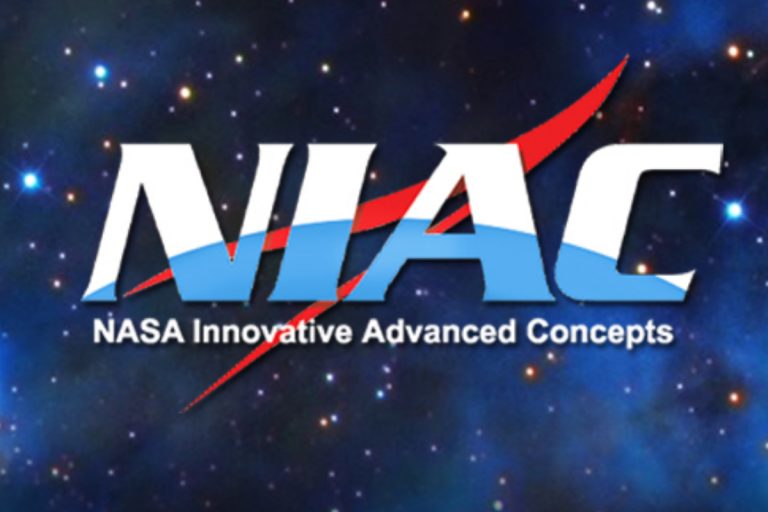
NASA unveils innovative studies for 2024 to fund future technology
- NASA funds Mars and Proxima Centauri projects in 2024 NIAC.
- Concepts include Venus sample returns and interstellar probes.
- NIAC grants of $175,000 award innovative space ideas.
NASA has announced the selection of the 2024 Phase 1 winners of NASA's groundbreaking Innovative Advanced Concepts (NIAC) program. This initiative aims to fund and promote visionary ideas that could revolutionize future space missions and benefit all of humanity.
The NIAC program allocates a maximum of $175,000 in grants to support early-stage technology concept studies with the potential for future consideration and commercialization. NASA Associate Administrator Jim Frye emphasized the critical role NIAC plays in inspiring the ideas that form the foundation of NASA's bold missions for the good of humanity.
The thirteen selected concepts, stemming from companies and organizations across the United States, cover a variety of innovative projects. Among them is Ge-Cheng Zha's proposal from Coflow Jet LLC in Florida, which is to introduce “MAGGIE”, the first electric fixed-wing vertical take-off and landing aircraft designed for exploration on Mars. Other ambitious projects include a swarm of small spacecraft traveling to Proxima Centauri, sample return missions from the surface of Venus, and a spacecraft designed to withstand Venus' harsh environment.
The selected projects showcase the breadth of creativity within the NIAC community, from quantum sensors monitoring Earth's atmosphere to coordinated swarms of spacecraft communicating from distant stars. NASA's commitment to pushing the boundaries of what is possible is evident in the diversity of 2024's Phase 1 projects.
Using their NIAC grants, the researchers, referred to as Fellows, will delve into fundamental aspects of their concepts, map out the roadmap needed to develop the technology, identify potential challenges, and explore opportunities to bring their visionary ideas to fruition.
The 2024 Phase 1 winners include proposals such as an addition to large-scale water extraction operations on Mars, a thin-isotope nuclear engine rocket, tritium micro-powered autonomous sensors, and a long-range lunar optical imaging interferometer, among others.
The NIAC program, funded by NASA's Space Technology Mission Directorate, plays a critical role in developing the agency's comprehensive technologies and capabilities to achieve current and future space missions. As NASA unveils these innovative studies, the world eagerly awaits potential breakthroughs that could shape the future of space exploration and technology.
Read also

Italy's G7 Presidency: Artificial Intelligence and African development are top priorities, says Prime Minister Meloni
Prime Minister Meloni's concerns: The impact of artificial intelligence on work and the human mind. Meloni aims to…

